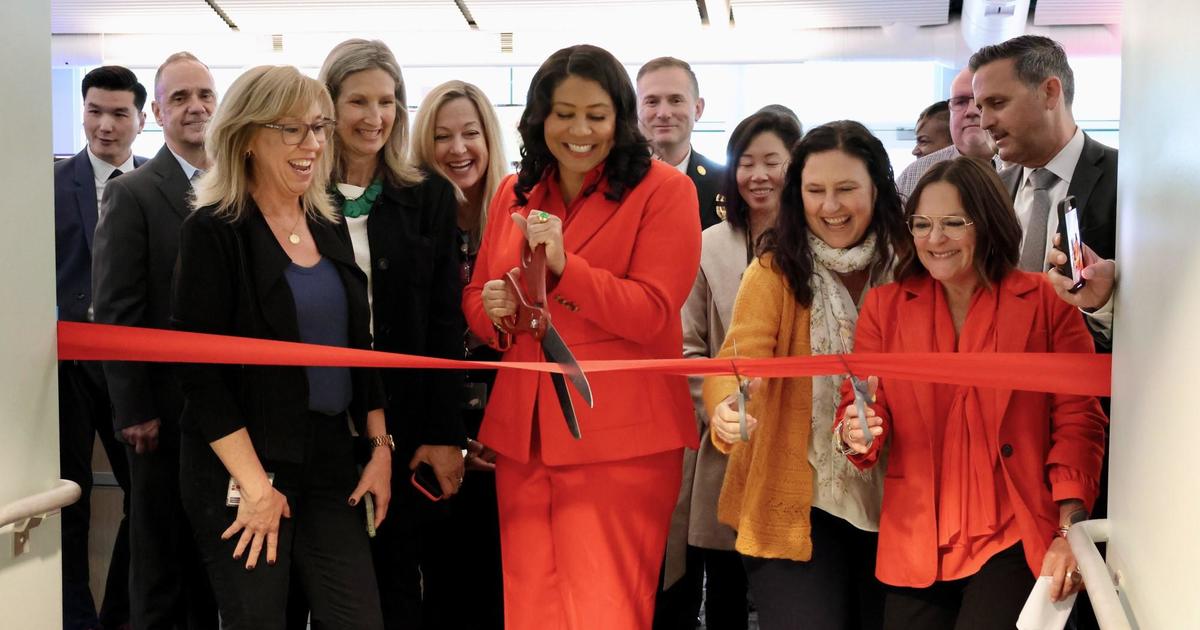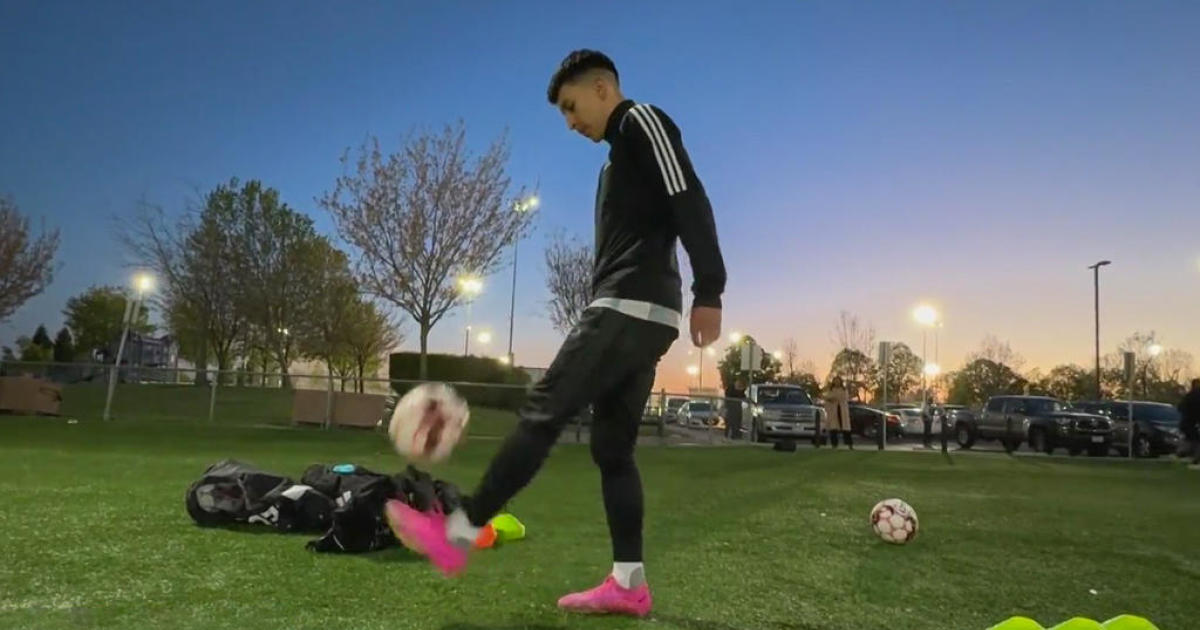Expansion of Transitional Kindergarten Could Present Problems for Some Parents
SACRAMENTO (KPIX) -- Thanks to an expansion of transitional kindergarten by Governor Gavin Newsom and state legislators, all four-year-olds California will be able to enroll in publicly-funded school for free, regardless of income.
It is a watershed moment for California, which has lagged behind other states in early childhood education.
But while seven in ten Californians polled this spring by Public Policy of California support state-funded preschool, not everyone agrees on how to do it.
Joyce Gomez and her husband are thrilled that next year their 3-year-old son Asher may be able to enroll in a free year of school before kindergarten at their neighborhood public elementary school.
"I'm so happy! I can't wait," Gomez said.
The stay-at-home mom says child care is expensive and a free year of pre-K would allow her to go back to work, in addition to giving her son the jump start he needs.
"The human brain develops 90 percent between one year old and five years old, so how early he can get into a preschool program, it will be better for him," she said.
Right now, California's transitional kindergarten -- or TK -- enrolls about 100,000 children.
These kids who turn five between September 2nd and December 2nd currently get a free year of publicly funded pre-K.
But starting a year from now, more children will be phased in until all four-year-old children will be eligible for transitional kindergarten in public schools by September 2025.
Assembly member Kevin McCarty (D-Sacramento) introduced the legislative bill to expand transitional kindergarten.
"This is really going to help student achievement. This is a big win for California," McCarty said.
But critics say universal TK would cripple an already fragile child care industry and hurt families they serve.
BAHIA Inc. provides child care for kids age two to ten years old in Berkeley.
Executive director Beatriz Leyva-Cutler only heard about the state's plan to expand transitional kindergarten last year.
"It was like a cold bucket of ice on our face," Leyva-Cutler said. "We were dealing with COVID and then we learned about this transitional kindergarten."
She fears four-year-old kids will leave her bilingual child development program for free transitional kindergarten that does not provide the same quality education.
That would force her to shift to serving kids aged three years and under, a more expensive business model that requires different training and more individual care.
"Pivoting is not as easy as the authors of this bill seem to think," Leyva-Cutler said. "You know, you just can't say OK, you're a preschool teacher now become a toddler teacher or an infant-toddler teacher."
The results could decimate licensed child care providers barely surviving the pandemic.
"A lot of programs have already told us that they're going to need to close. They will have to close. They will have to cut down the hours, their staff," said Laurie Furstenfeld of the Child Care Law Center.
Lizz Nolasco says that could put her family in a bind, and not just for her as a preschool program director.
If her young son enrolls in TK in a few years, the working mom may have to shuttle him from place to place because transitional kindergarten is only a few hours and there aren't specific plans yet for full-day options.
"So we would need to start looking for those before and after care options. In the worst case, I might not have a job," Nolasco said.
Others are concerned about additional support for students.
Executive Director of Head Start Christopher Maricle says he's working to guarantee families can keep the health services they depend on.
"We have a hundred thousand children in Head Start. We just in the end want to make sure parents get what they need and some of them are going to need it," Maricle said.
Education advocacy organization, Early Edge supports expanding transitional kindergarten.
Executive director Patricia Lozano says it means some 225,000 more students will get an extra year of school at a crucial time for learning.
"All in all, it's an amazing budget. An historic budget. So now, how do we make this happen and help with the implementation of it?" Lozano said.
McCarty says expanding transitional kindergarten is a massive undertaking and there are still many details to be worked out.
One in four public schools already have transitional kindergarten. The state plans to spend billions of dollars to add portable rooms to elementary schools or retrofit classrooms empty from declining enrollment.
Despite a labor shortage, teachers would be reassigned or hired, and trained.
Reimbursement rates and assistance will rise for subsidized child care that that serves kids three and under.
"We think it's an absolute win-win. But the reality is change is hard. This upsets the course of things, how they are today," McCarty said.
California plans to roll out the nation's largest universal transitional kindergarten over the next five years, but it's clear the transition won't be easy in the classroom or out of it.



